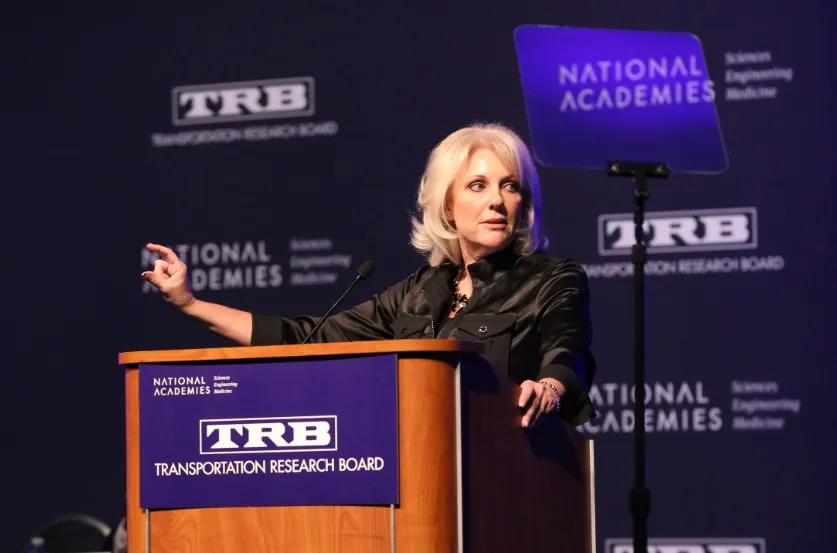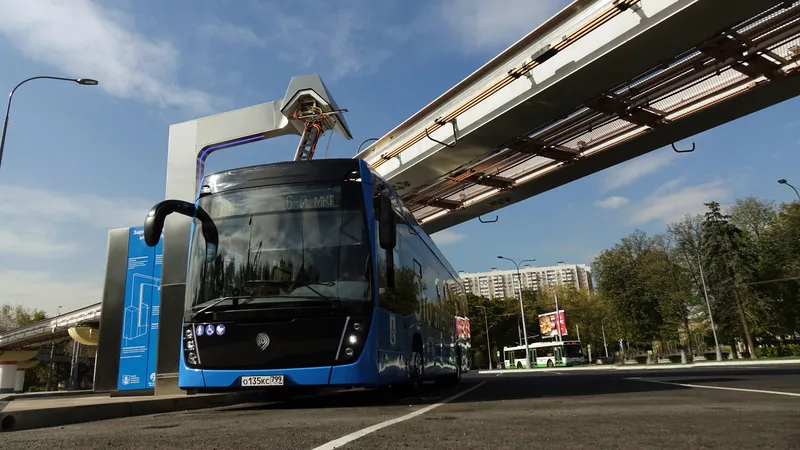The order comes after a successful two-year trial under the ElectriCity venture, during which 10 all-electric or partially electrified buses have run on the city’s bus route 55.
Two electrically powered articulated buses will showcase the latest developments at the Volvo Open Race in Gothenburg in June 2018. They will then run on route 16, which will be equipped with charging infrastructure and bus stop facilities for electrified high-capacity traffic.
Lotta Brändström, chief executive officer of GE, explains: “We are committed to providing charging solutions for Gothenburg, whether that is for EV passenger cars or for the city’s public transport network. The transition of the transport sector is one of our biggest challenges and we understand that this will take the combination of many different solutions.”
Fredrik Persson, project manager of GE, added: “The fact that the chargers operate so quickly is vital for keeping traffic moving and for increasing the capacity of the network. The efficiency of ABB’s new charging stations in combination with their high performance is the key to the concept.”
ABB launches 450kW fast chargers for electric buses, Gothernburg
ABB has launched a project with Volvo Buses, Västtrafik and Göteborg Energi (GE) to supply two of its 450kW Opportunity Charging systems to charge two high capacity electric-articulated Volvo buses in Gothenburg, Sweden. These fast chargers will be installed at Sahlgrenska University Hospital and Eriksberg Square, on line 16 of the City’s bus network. The order comes after a successful two-year trial under the ElectriCity venture, during which 10 all-electric or partially electrified buses have run on the
November 23, 2017
Read time: 2 mins









